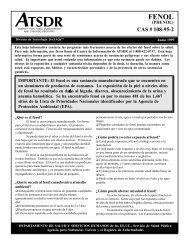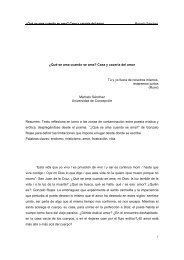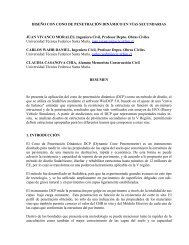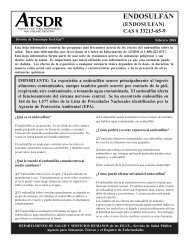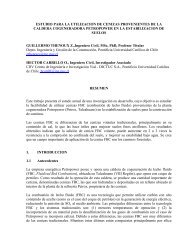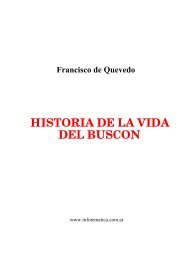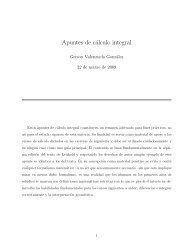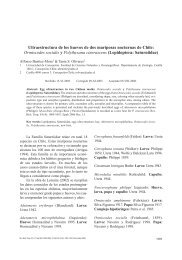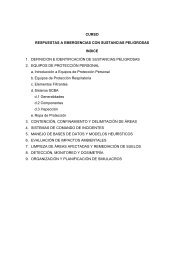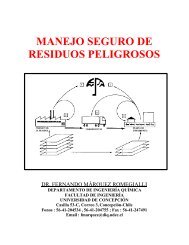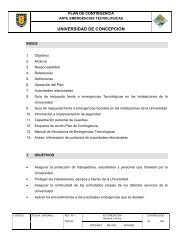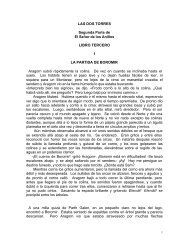Beer : Health and Nutrition
Beer : Health and Nutrition
Beer : Health and Nutrition
Create successful ePaper yourself
Turn your PDF publications into a flip-book with our unique Google optimized e-Paper software.
128 Chapter Six<br />
somewhat lower in most beers <strong>and</strong> white wine as opposed to red wine, <strong>and</strong> not a major<br />
component of most spirits (see Chapter 5).<br />
Moderate consumption of alcohol might also reduce the risk of heart problems through<br />
its role in decreasing stress (Baum-Baicker 1985b; Pohorecky 1990; Marmot et al.<br />
1993; Vasse et al. 1998). Perhaps beer is particularly valuable in this regard because the<br />
hop-derived bittering agents are said to have sedative <strong>and</strong> hypnotic in uences (Cooper<br />
1994). Williams (1997) showed that exercise <strong>and</strong> alcohol independently bene ted the<br />
levels of HDL in men <strong>and</strong> women.<br />
Imhof et al. (2001) demonstrated that the blood of non-drinkers <strong>and</strong> heavy drinkers<br />
had higher concentrations of a protein called CRP than did that of moderate drinkers.<br />
CRP is a marker of in ammation, <strong>and</strong> the authors suggest that an anti-in ammatory<br />
action of alcohol might be a factor in the bene cial impact of moderate consumption<br />
of alcohol.<br />
Cleophas (1999) <strong>and</strong> Rimm <strong>and</strong> colleagues (1996) have summarised the literature<br />
comparing the relative impact of beer, wine <strong>and</strong> spirits on coronary heart disease. Rimm<br />
highlights the problems with so-called ‘ecological studies’ that are based on using<br />
existing data previously collected as part of census <strong>and</strong> surveillance programmes. This<br />
type of study tends to report that wine has bene cial impacts, but that beer <strong>and</strong> spirits<br />
don’t. However, by way of illustration, Renaud et al. (1992) observed that wine drinking<br />
tends to be associated with other habits <strong>and</strong> that these are actually responsible for<br />
the additional bene ts (i.e. a secondary correlation is occurring). Wine drinkers often<br />
belong to socio-economic categories enjoying a healthier lifestyle <strong>and</strong> superior health<br />
care (Klatsky et al. 1997; Galobardes et al. 2001). The overall diet of those drinking<br />
wine may be better than that of people for whom beer is the drink of choice (Tjonnel<strong>and</strong><br />
et al. 1999) <strong>and</strong> they may exercise more (Woodward & Tunstall-Pedoe 1995). Burke<br />
et al. (1995) elaborate on this point of lifestyle by stressing how Australian men who<br />
preferred beer to wine also drank larger quantities, smoked more <strong>and</strong> had a generally less<br />
healthy diet. Analyses of dietary patterns have seen beer bracketed with ‘convenience<br />
food’ (Pryer et al. 2001). Watten (1999) reported a relationship between daily smoking<br />
<strong>and</strong> beer consumption, clearly highlighting the confounding factor scenario. It has even<br />
been observed (Osler 1998) that a partner’s smoking promotes consumption of certain<br />
foodstuffs, including beer.<br />
Rogers <strong>and</strong> Green eld (1999) claim that hazardous drinking (de ned as those occasions<br />
when ve or more drinks are consumed daily) is associated more with beer than<br />
with other types of alcoholic beverage <strong>and</strong>, predictably enough, this correlates with<br />
younger, unmarried males. Mortensen et al. (2001) found that those selecting wine<br />
over beer tended to have higher IQ, higher parental educational attainment <strong>and</strong> higher<br />
socio-economic status. Furthermore beer drinkers fared less well than wine drinkers<br />
on scales of psychiatric <strong>and</strong> health-related behaviour. Mortensen concluded that the<br />
apparent superior health bene ts of wine over beer were related to better social <strong>and</strong>



